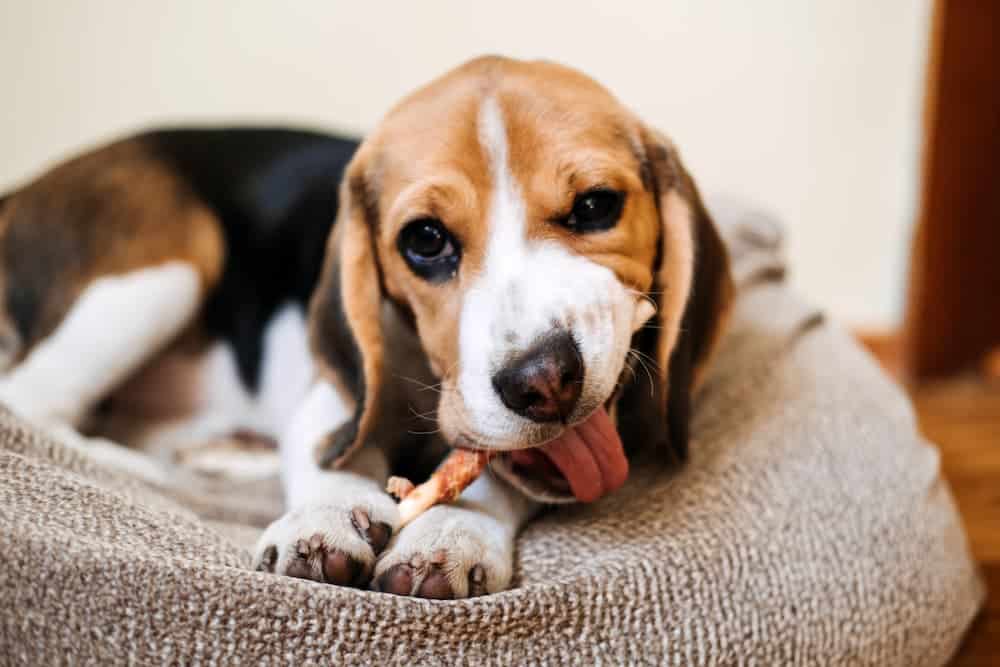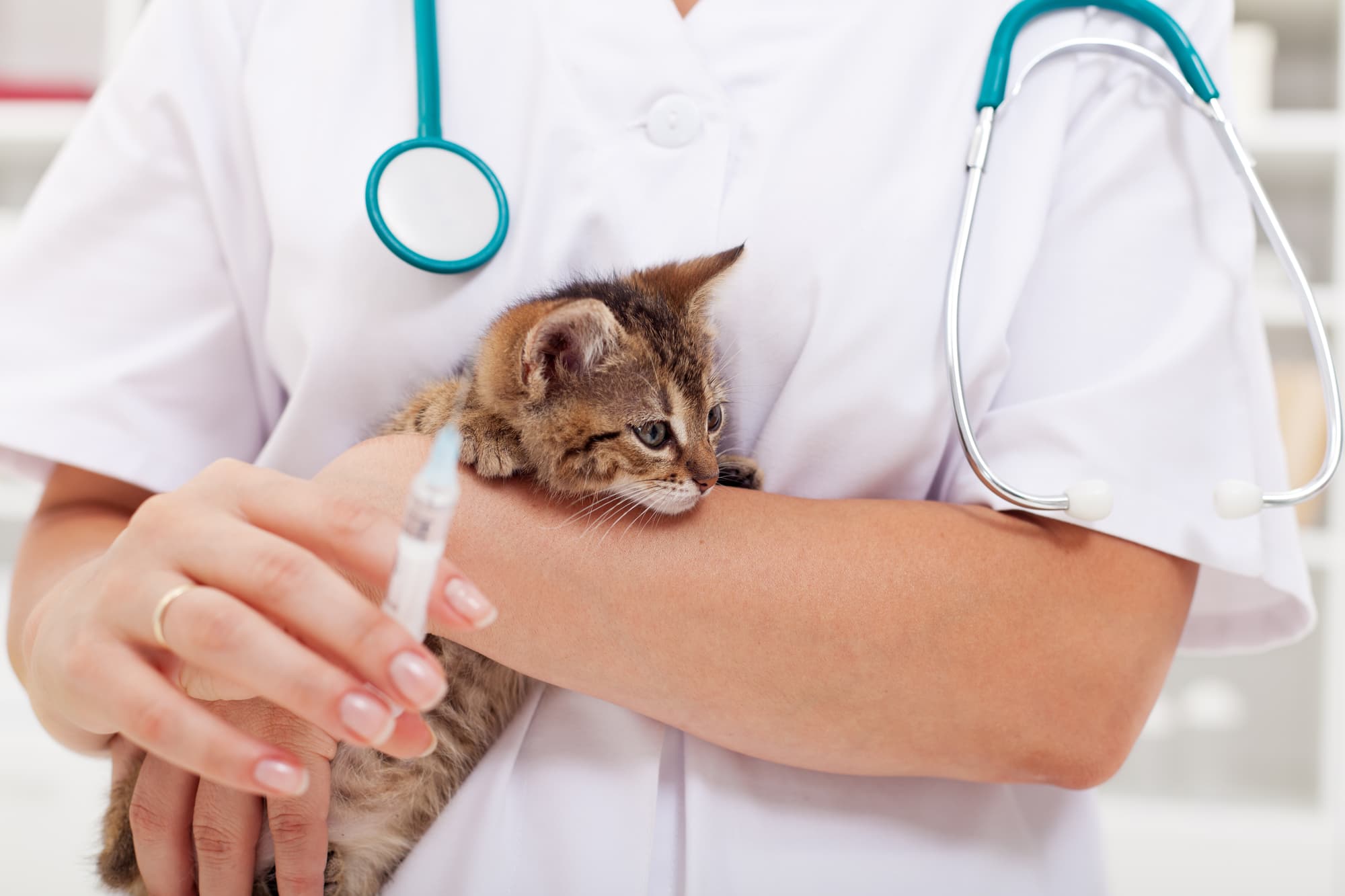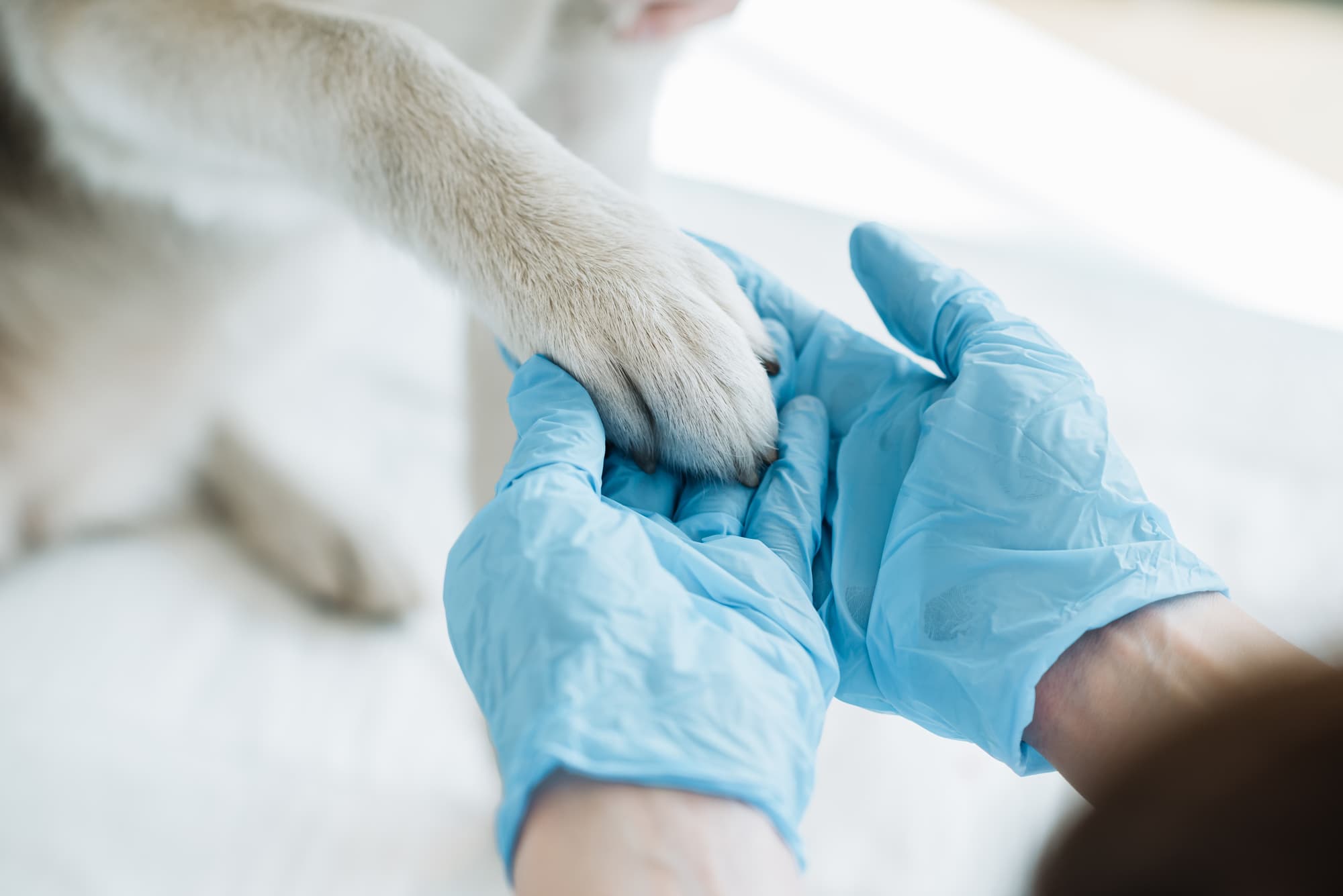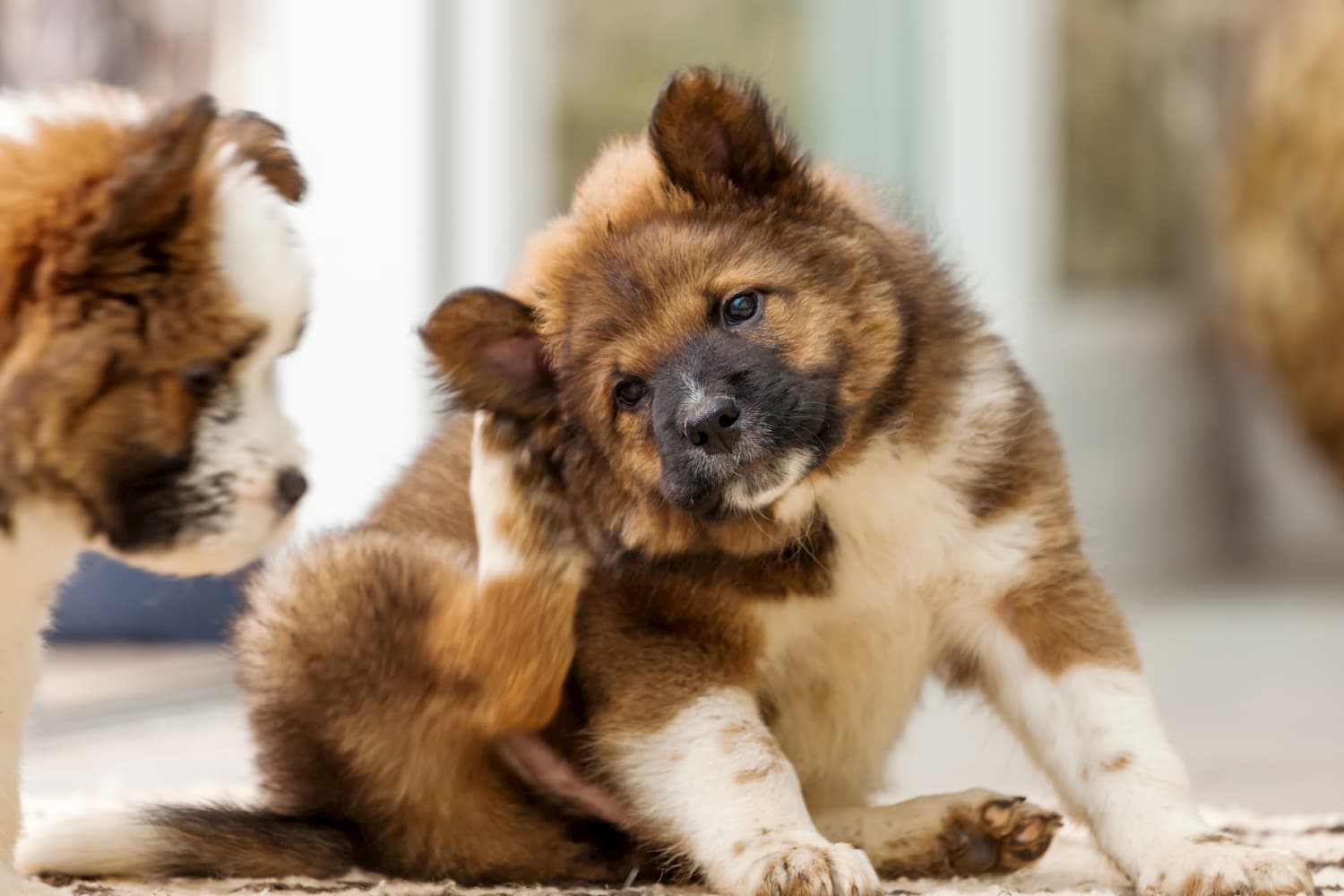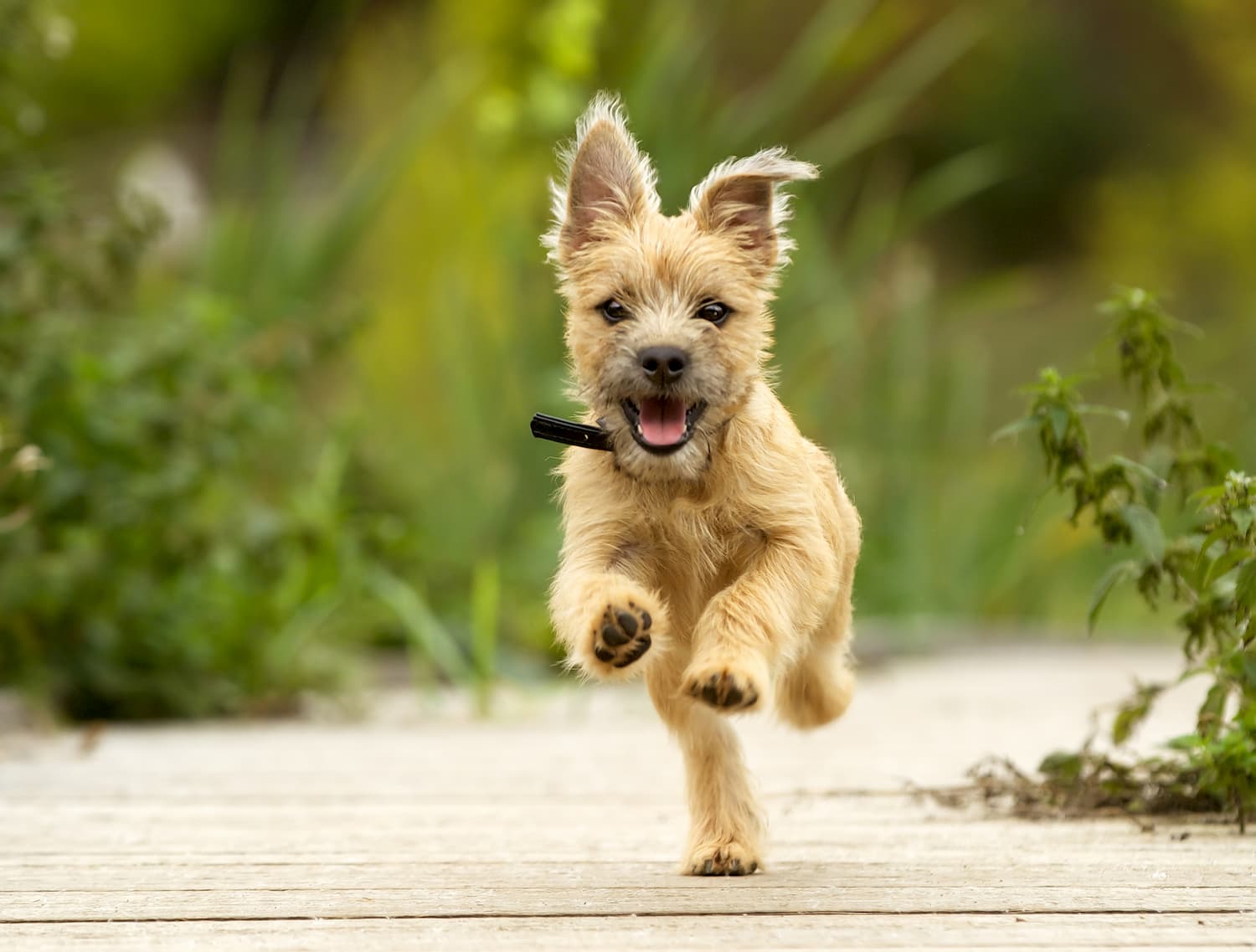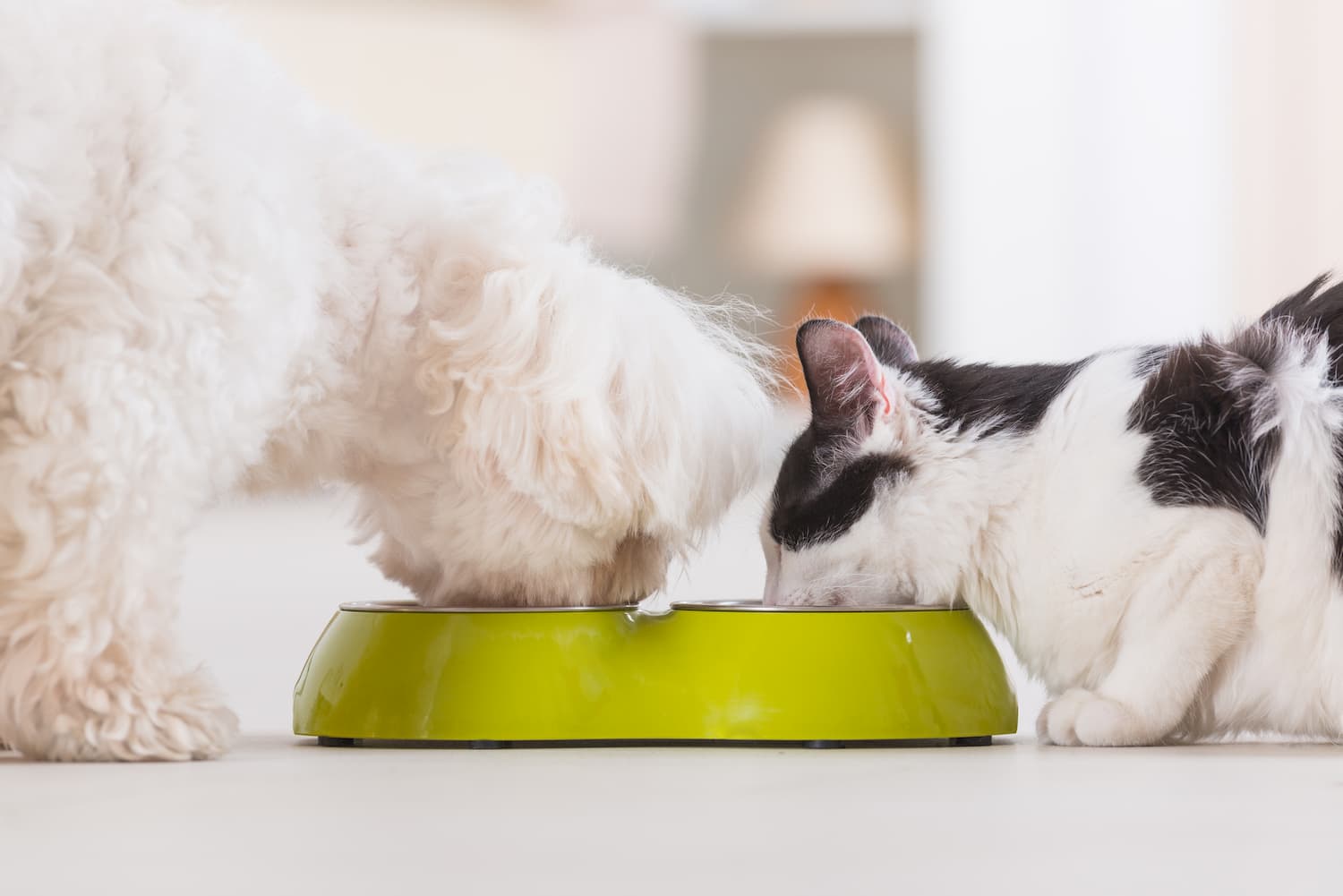Choosing to desex your dog can bring with it a range of benefits for your beloved pooch. Beyond removing the risk of unexpected litters, there are also extensive health benefits and behavioural improvements to be seen. The procedure is one of the most common surgeries performed by the team of vets at Northcote Animal Hospital. You can rest assured that your dog is in safe hands while undergoing this routine procedure to remove their ability to reproduce.
Our guide to desexing dogs will run you through the basics of what the desexing process entails for both male and female dogs. We’ll even give you a rundown on what you can do pre and post care to help make your dog’s procedure run smoothly so their bounding about again in no time.
The Procedure
Being one of the most commonly performed procedures at the Northcote Animal Hospital, your pooch will always be in the experienced hands of our professionals. Our team of veterinary surgeons pride themselves on using the best surgical protocols alongside a combination of pain relief medications.
Female Dogs
You may have heard the process of desexing or neutering your female dog referred to as spaying. Neutering, desexing or spaying your furry female friend basically involves removing the uterus and ovaries, which is essentially a hysterectomy. Despite this being a common, routine surgery, it is also a complex operation when performed on large breed, mature aged dogs and for this reason it is best to ensure your pet is in experienced hands. Northcote Animal Hospital’s high standard of care will ensure that this surgery is carried out as safely and expertly as possible.
Male Dogs
As for male dogs, the desexing or neutering process is referred to as castration. During this procedure the vets will carefully perform a small incision to remove both testicles while your dog is under anaesthetic. This procedure is generally less complex than spaying dogs.
Pre Care Tips
Prior to taking your pooch in for their desexing, there are some steps you can take to make their procedure as smooth as possible.
- The most important step is to ensure that you fast your dog the night before their procedure. This simply means you’ll need to give your little pooch their dinner before 10pm the night prior. You can leave their water out overnight and simply remove it on the morning of the procedure.
- Remember to take your dog out for a toilet break or toilet walk prior to bringing them in for their desexing procedure.
- It might be worth giving your dog a bath prior to their op since you won’t be able to get them wet for at least 2 weeks following their op.
- If they have ongoing medication, you can simply give them to this as normal on the day of the procedure (so long as it’s safe to take without food). Alternatively, you can bring it in with you and leave it with our friendly vets to administer for you.
Post Care Tips
After your dog has been successfully desexed, it’s time to do all we can to ensure their recovery is as painless and efficient as possible. Below are some simple steps to follow so that your dog can bounce back in no time.
- While the anaesthetic wears off, try and keep your dog restrained and quiet until the grogginess subsides
- As hard is it may be to resist a playful session with your dog as they regain their energy, it’s important to keep them quiet for up to 12 days so the wound can heal
- Try and keep food and water to a minimum the night following the desexing
- Following the desexing, you’ll be provided with a course of pain relief medication. All you need to do is administer this to your dog according to the label instructions. In some cases it might take some encouraging for your pet to ingest it, but they’ll love you for it when they do!
- Try and keep the wound area as clean as possible to minimise any risk of infection following their neutering
- Keep an eye on the surgery site on your dog. If you notice any bleeding, swelling, redness or discharge – contact your vet immediately.
- Do your best to stop your dog from licking or chewing at their wound. This is only natural for them, but you can use a plastic or inflatable cone to prevent them from accidentally pulling out a stitch or tearing their wound.
- Leave the rest to us! As long as you return to us on time for your post-op desexing check up then you’ll have your boisterous beloved pet back to full health in no time.
Need to get your pup booked in to be desexed? Or are you wanting to understand more about what to expect from the procedure? Our friendly team at Northcote Animal Hospital are available to address any concerns and walk you through prepping your pup to be desexed. Give us a call today to have a chat with our caring professionals.

